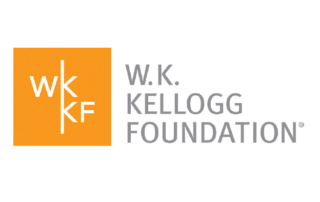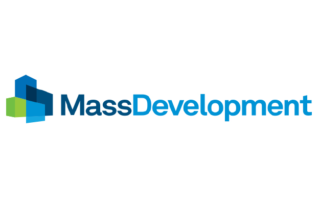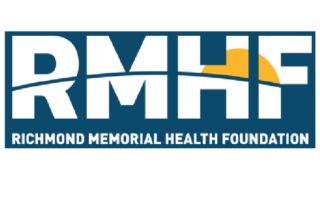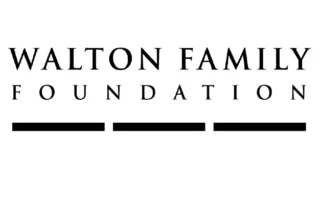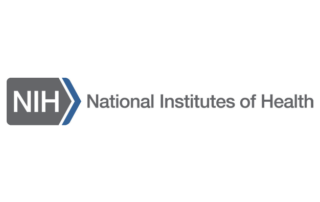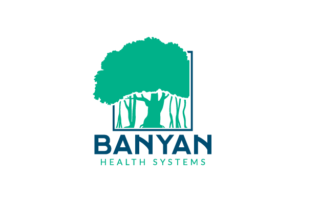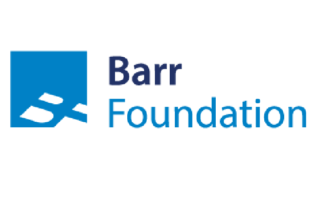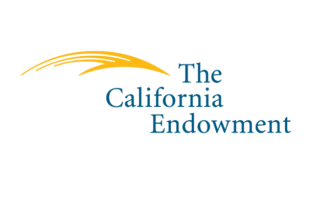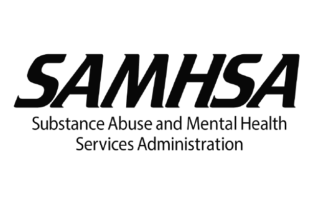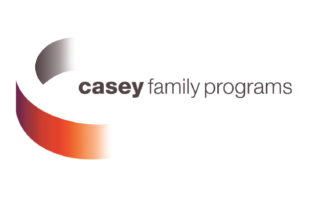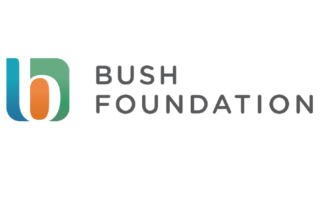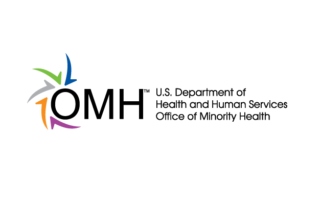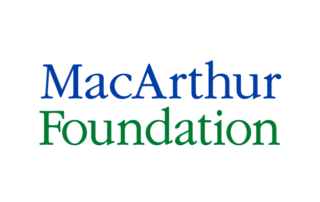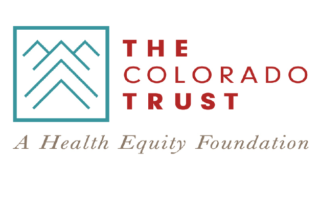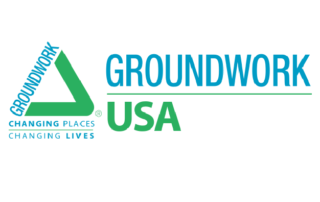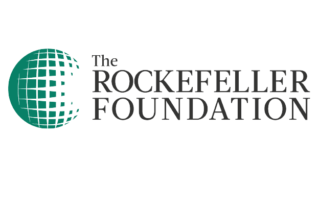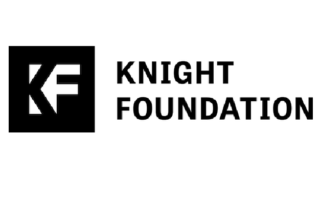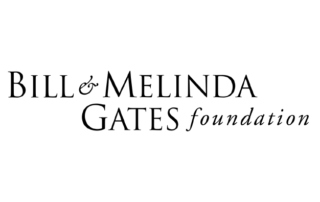Transformative Community Engagement and Power Building
Accessible and just institutions and systems are not possible without equity in power for everyone. How institutions and systems engage those most affected by disparities of all types is often what distinguishes an effective and sustainable solution from one that is unsuccessful. Transformative community engagement and power building are the engines for change that ensure everyone has fair access to the resources and opportunities they need to reach their full potential.
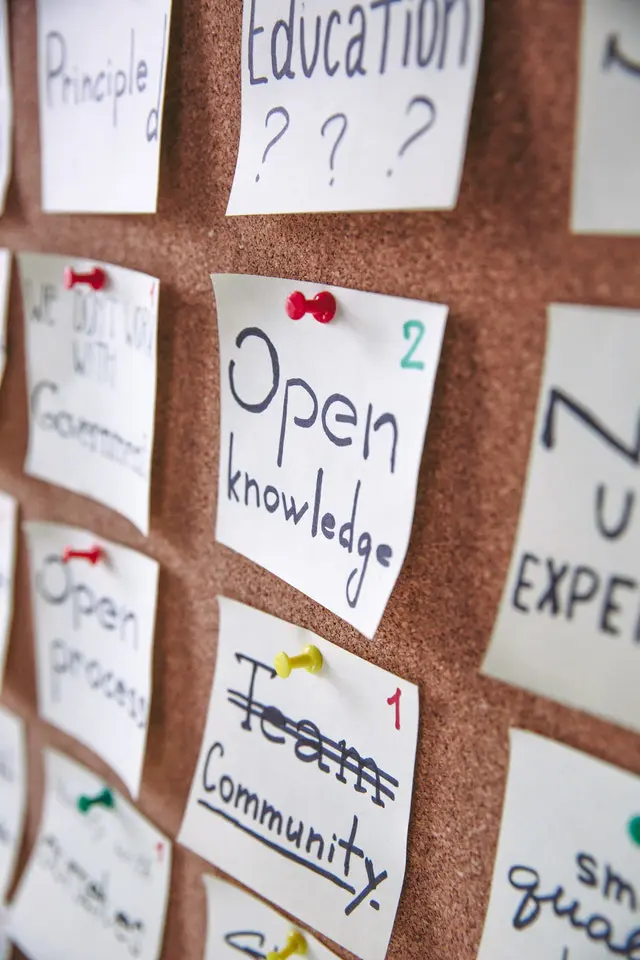
Our Promise
Our community engagement and power building assistance builds on a community’s assets and recognizes that each community requires a different approach and strategy for engaging its members to build power and advocate for change. We carefully look at what is needed and how to make the process most meaningful. We do not participate in tokenism, placation, or practices that will not result in the voice of the community being incorporated or translated into strategies, distribution of resources, or other critical decision-making processes. Our goal is to create a progressive and constructive change. Often where there is change, there is friction. We see these conflicts as opportunities for building and strengthening community capacity to build power among its people and create more effective government, systems, and other institutions.
Our Services
Our services that promote community engagement and power building include:

